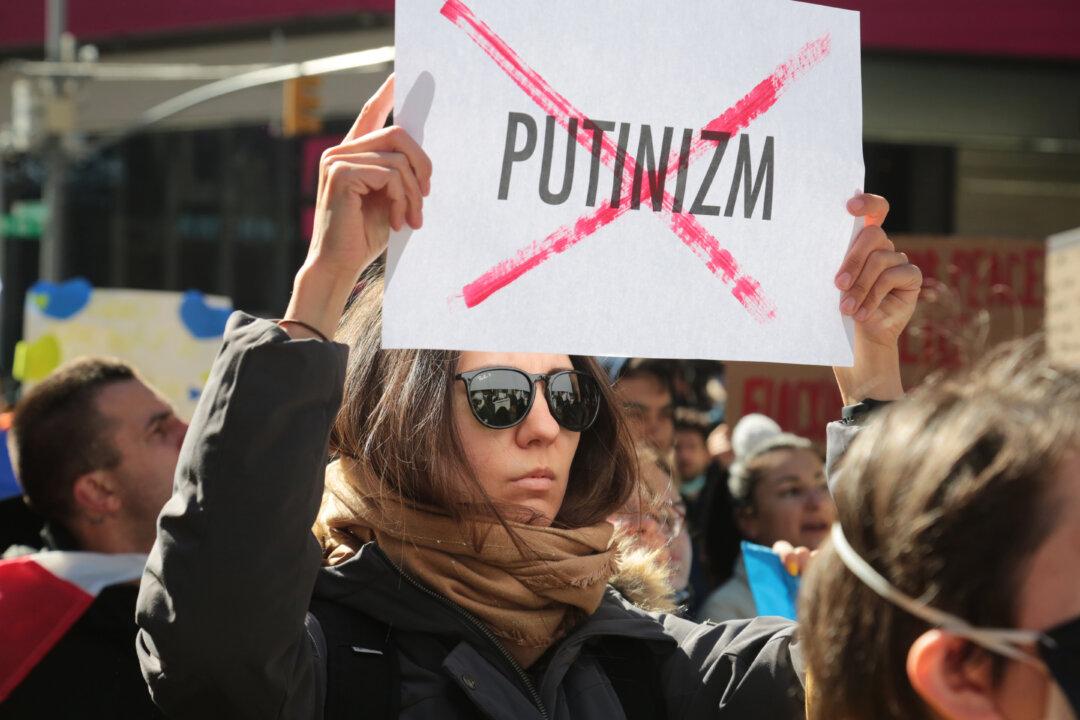The current Russia is the by-product of the collapse of morality and lack of law advanced by the Marxist ideology, according to David Satter, senior fellow at the Hudson Institute.
“The lack of law, the lack of objective standards created a situation when Russia began the huge transition from socialist economics and state owned property to a capitalist system based on individual-ownership market,” Satter told EpochTV’s “China Insider” program.




